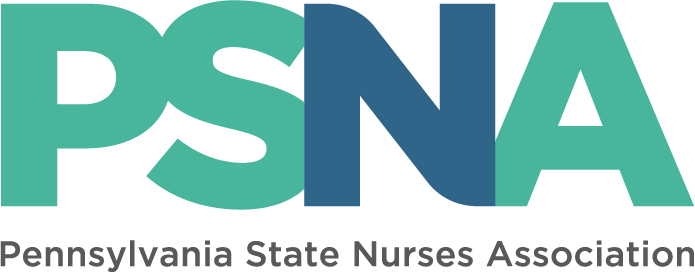In an effort to strengthen the ability of nurses to more seamlessly advance their education, the American Nurses Association (ANA) and the Organization for Associate Degree Nursing (OADN) have developed a new position statement to help nurses meet the diverse needs of patients in an evolving health care system.
The education-focused statement, Academic Progression to Meet the Needs of the Registered Nurse, the Health Care Consumer, and the U.S. Health Care System, was approved in July 2015 by the ANA Board of Directors. The statement calls for all nurses having access to “seamless academic progression through high quality accredited nursing education programs that will meet the anticipated demand for qualified nurses over the next several decades.” ANA and OADN, an ANA organizational affiliate, also commit to collaborating with nursing and health care leaders, policymakers, academic institutions and other stakeholders to support and adopt innovative and emerging strategies to achieve this goal.
The joint statement aligns with a recommendation outlined in the Institute of Medicine report, The Future of Nursing: Leading Change, Advancing Health, which focuses on the need for nurses to achieve higher levels of education and training. The report also sets a target of increasing the percentage of RNs with a BSN degree by 80 percent by the year 2020.
The American Nurses Association (ANA) is the premier organization representing the interests of the nation’s 3.4 million registered nurses. ANA advances the nursing profession by fostering high standards of nursing practice, promoting a safe and ethical work environment, advancing the health and wellness of nurses, and advocating on health care issues that affect nurses and the public. ANA is at the forefront of improving the quality of health care for all.
Founded in 1984, the Organization for Associate Degree Nursing (OADN) is recognized nationally as the voice for Associate Degree (AD) nursing. OADN is dedicated to enhancing the quality of AD nursing education, strengthening the professional role of the AD nurse, and promoting the future of AD nursing in the midst of healthcare changes.


